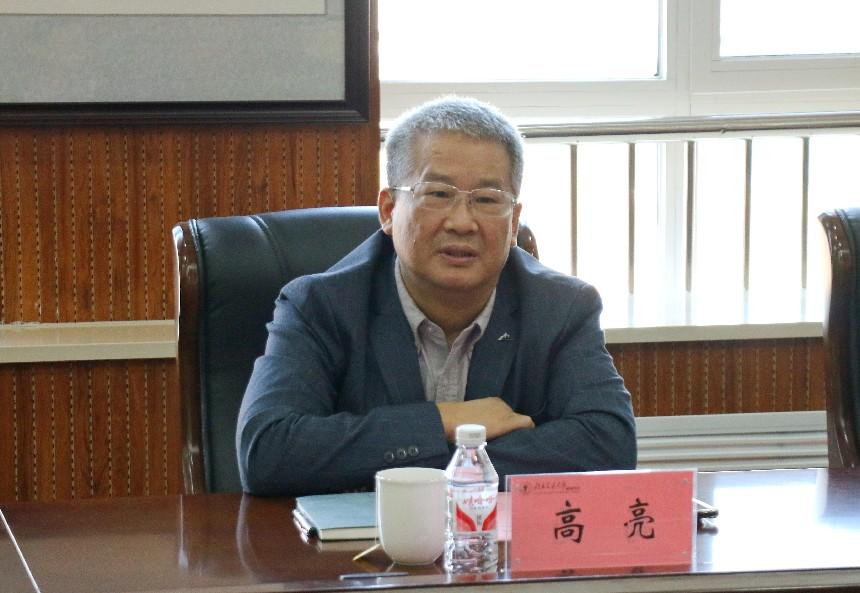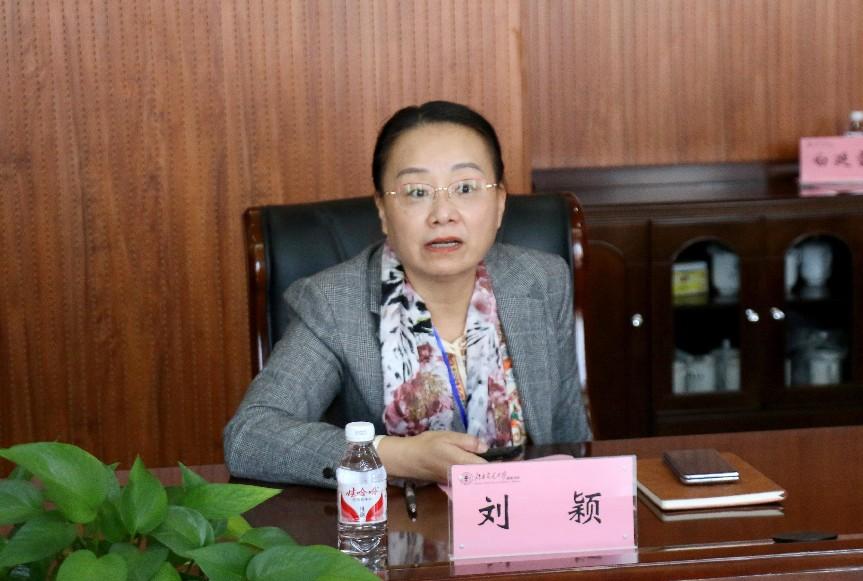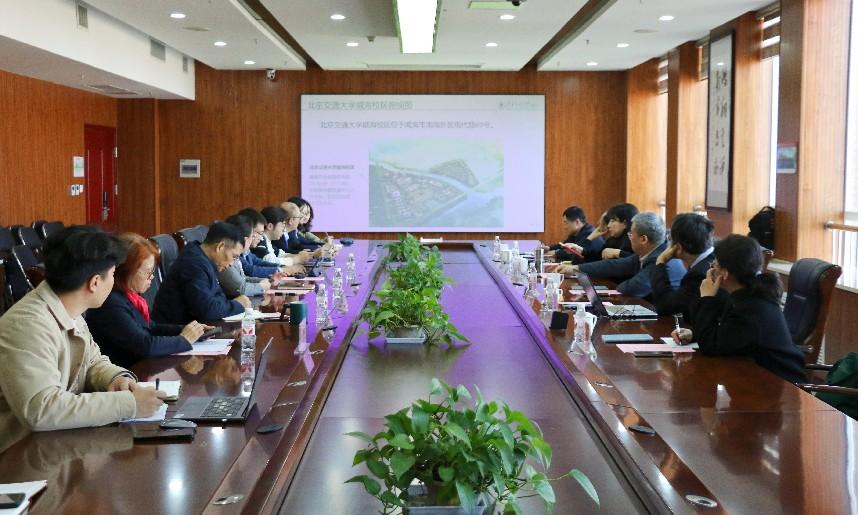On Nov 8, BJTU Weihai Campus holds a special working seminar to present updates on campus development and address challenges encountered during its growth.
On the morning of November 8th, the Weihai Campus Special Work Seminar was successfully held in Meeting Room 603 of the Siyuan East Building. The attendees include:
Gao Liang, Standing Member of BJTU Party Committee, Vice President of BJTU, and President of Weihai Campus Management Committee
Hao Zhiqiang, Office of State-owned Assets Administration
Cui Yongmei, Office of Financial Affairs
Xu Jinsong, Office of Internal Audit
Song Fei, Office of International Affairs
Lian Huiren, Office of Infrastructure Constructions and Planning

During the meeting, Gao Liang highlighted that the Weihai Campus has achieved remarkable results in Sino-foreign cooperative education, making significant contributions to the university's international development. He emphasized that the spirit of the Third Plenary Session of the 20th CPC Central Committee calls for high-quality Sino-foreign cooperative education to advance the strategy of rejuvenating the country through science and education. In this new context, the Weihai Campus must seize opportunities, deepen collaborative development, further optimize innovative talent cultivation models, and lay a solid foundation for sustainable campus development. He stressed that as the Weihai Campus grows, its administrative departments should function as extensions of the university's functional divisions, strengthening ties with relevant departments and strictly adhering to the university's management requirements. Gao also underscored the importance of enhancing internal control management, addressing challenges encountered during the campus's development, and advancing Sino-foreign cooperative education and other initiatives to a higher level.

Liu Ying, representing the Weihai Campus, delivered a comprehensive report during the meeting. She detailed the achievements made under the leadership of the university's Party Committee in recent years, as well as the challenges encountered during the campus's development. Her report began with an overview of the current state of the Weihai Campus, covering aspects such as its educational goals, vision, mission, and unique characteristics, infrastructure development, talent cultivation, scientific research, social services, campus culture development, regulatory framework construction, faculty team building, and progress in asset handover. She then focused on the main issues currently facing the campus, proposed solutions, and raised topics requiring discussion and decision-making. These included the scale of operations, funding, management of renovation and reconstruction projects, and infrastructure development. Liu Ying emphasized that, in the new context, the Weihai Campus will continue to focus on its fundamental mission of fostering virtue through education, further strengthen its internal development, and continuously advance the university's endeavors to new heights. Other members of the campus leadership team also reported and exchanged ideas on their respective areas of responsibility during the meeting.

The directors of various departments in attendance provided practical and actionable solutions to specific issues in the campus's development, aligning with their respective responsibilities. They also emphasized the relevant management requirements from higher-level departments. During the meeting, participants engaged in thorough exchanges and lively discussions on the issues at hand, reaching a consensus on the solutions to the related problems.
Representatives from Campus Presidents’ Office, Office of State-owned Assets Administration, Office of Financial Affairs, and Office of Campus Services, among other relevant departments, also participated in the seminar.

